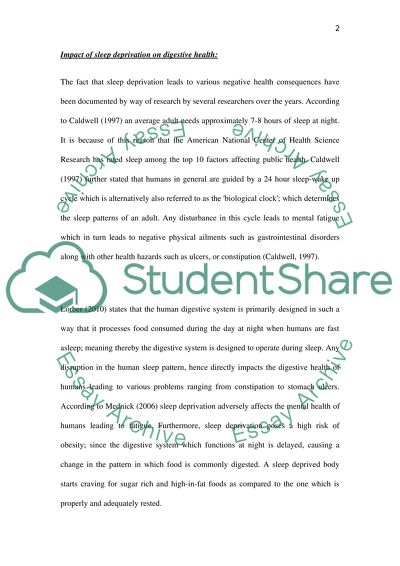Cite this document
(n.d.)
Retrieved de https://studentshare.net/health-sciences-medicine/1433698-correlation-between-sleep-and-digestive-health
Retrieved de https://studentshare.net/health-sciences-medicine/1433698-correlation-between-sleep-and-digestive-health
()
https://studentshare.net/health-sciences-medicine/1433698-correlation-between-sleep-and-digestive-health.
https://studentshare.net/health-sciences-medicine/1433698-correlation-between-sleep-and-digestive-health.
n.d. https://studentshare.net/health-sciences-medicine/1433698-correlation-between-sleep-and-digestive-health.


